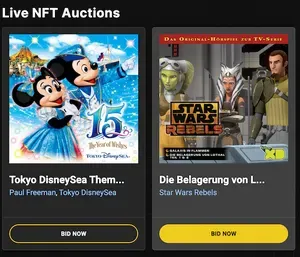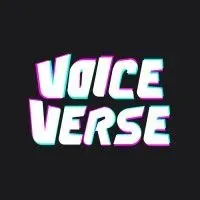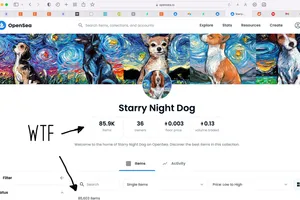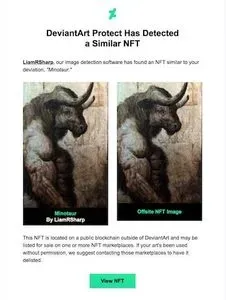NFT marketplace Cent shuts down over "rampant" fakes and plagiarism, founder says "I think this is a pretty fundamental problem with Web3"
HitPiece catches heat for selling song and album NFTs without seeking consent from the artists
 You have to admit they have guts for so prominently listing stolen IP from the notoriously-litigious Disney (attribution)
You have to admit they have guts for so prominently listing stolen IP from the notoriously-litigious Disney (attribution)The project's website writes, "Each time an artist's NFT is purchased or sold, a royalty from each transaction is accounted to the rights holders account." They do not write about how this is supposed to work when the artists have had zero involvement in the NFT being created to begin with, or have no cryptocurrency wallets at all. The FAQ also includes a hilariously handwavy answer to the question most people learning about NFTs have: "What utility does owning an NFT give me?" HitPiece writes, "Artists provide NFT owners access and experiences."







